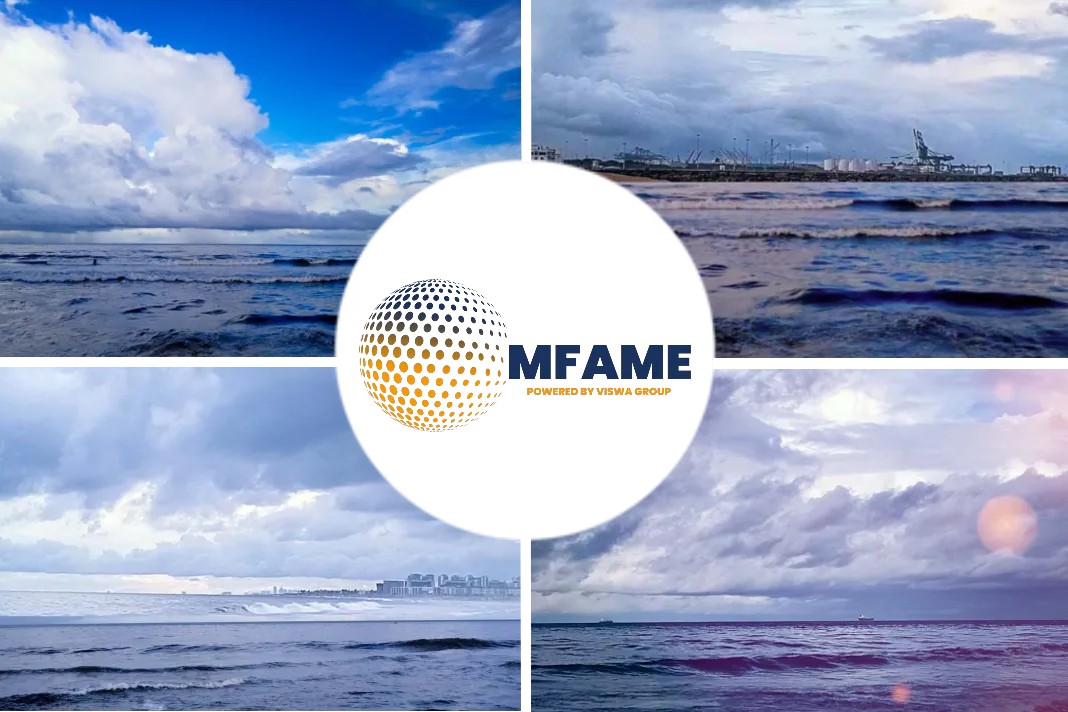
Russian Urals deliveries through transfers at sea near Greece’s Kalamata port rebounded in June after operations dried up in April as the grade traded below a Western oil price cap, prompting more activity, reports Reuters quoting Refinitiv data and traders.
Price cap on Russian oil
The price cap on Russian oil imposed by the Group of Seven countries (G7) prohibits shipping of the volumes sold above the cap of $60 per barrel and any breaches would trigger penalties.
European Union countries were previously the main buyers of Russian Urals oil and the bloc also put an embargo on Moscow’s crude supplies from Dec. 5 last year making sellers to send their volumes to Asian ports.
Urals oil exports from Russia to India and China, now the main buyers of the grade, are complicated due to the long route involved, so many sellers look for ship-to-ship transfer (STS) options in international waters around Europe to cut costs.
Urals oil supplies to Kalamata STS area increased to 210,000 barrels per day (bpd) so far this month, up from about 150,000 bpd of arrivals in May, Refinitiv data and Reuters calculations showed.
In April no Urals oil supplies to Kalamata were made, according to Refinitiv data.
Urals oil prices jump above the price cap
Offshore Kalamata has been serving as a key STS hub for Urals since the EU ban came into effect accounting for more than half of such operations, according to analytics company Vortexa.
Greeсe’s maritime ministry, under a caretaker government, did not immediately respond to a request for comment. Russian oil supplies to STS facilities off European coasts fell in March after sharp increase in activity over winter months.
Early in April Urals oil prices jumped above the price cap, raising risks for Western ship owners, especially Greek, to work with Russian oil.
After prices eased, operations with Urals oil on STS facilities located near Greece became less risky for shipping market players.
Lower STS activity with Russian oil
Another reason behind lower STS activity with Russian oil was more scrutiny by some EU authorities. For instance, Spain has called for tighter scrutiny of oil transfers involving tankers at sea.
Urals STS operations near Ceuta, Spain’s enclave in northern Africa, didn’t resume at their former pace, while suppliers moved further in Atlantic locations.
In recent weeks, locations around the Atlantic Ocean including points close to Spain’s Canary Islands have emerged as new spots for STS activity involving Urals cargoes, according to data from analytics company Vortexa.
Spain’s Merchant Fleet, a transport ministry department, said it was aware of an increase in these types of operations close to their maritime space and Spain was “adopting measures to prevent them from occurring”.
“The objective now is to reinforce controls and monitoring of vessels“, the Merchant Fleet said.
Did you subscribe to our newsletter?
It’s free! Click here to subscribe!
Source: Reuters























